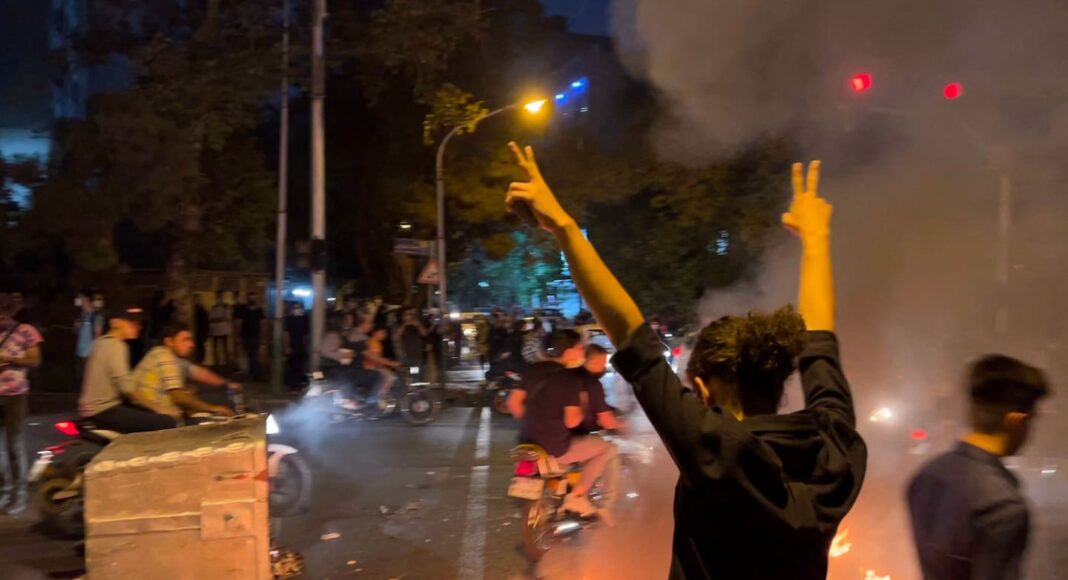Ειδήσεις Ελλάδα

Comment on this story
Comment
BEIRUT — Iran is set to pardon or reduce the sentences of “tens of thousands” of prisoners, including those swept up in the crackdown on protests that erupted in the country in September, state news reported Sunday.
Gholamhossein Mohseni-Ejei, head of Iran’s judiciary, proposed the amnesty and commutation in a letter to Iran’s supreme leader, Ayatollah Ali Khamenei, state news agency IRNA said — but with caveats that may exclude many of those detained during the protests.
Among those ineligible are people accused of committing espionage on behalf of foreign interests or having direct contact with foreign intelligence service agents; those arrested for intentional murder or injury, or destruction of government, military and public facilities; those accused by a private plaintiff; as well as people charged with other crimes such as banditry, and dealing arms and alcohol.
Iran’s leaders have previously blamed the ongoing unrest on “foreign instigators” such as the CIA, without citing eence.
The judicial head’s letter, addressing Khamenei, alluded to the protests, saying a number of people — “especially young” people — committed crimes because of incitement and propaganda from “the enemy,” which in turn caused their families hardship.
“A significant number of them are now demanding forgiveness and are stating their repentance as the plot of foreign enemy … has been revealed,” Ejei’s letter read, according to Fars News, an Iranian news agency linked to the Iranian Revolutionary Guard Corps.
At the heart of Iran’s crackdown, a small group of judges sentences protesters to hang
Iran has in the past pardoned detainees on the anniversary of its 1979 revolution, which set up the country’s current system of clerical rule and is celebrated on Feb. 11. Last year, it pardoned nearly 3,400 — a smaller number than this year’s promised “tens of thousands.”
The eligibility criteria will probably exclude many of those who have been arrested during the protests, said Tara Sepehri Far, an Iran researcher at Human Rights Watch.
“Another thing we have seen in the past few years since the protests is that these announcements are made but then the process goes much slower,” she said. “We have even heard of cases where intelligence officials intervene in the process of suggesting names eligible for it.”
Protests swept the country in mid-September, led by women and youths, following the death of Mahsa Amini, 22, in police custody after she was accused of violating the conservative dress code for women. The subsequent uprising has been driven by calls to end the country’s decades-old clerical rule.
An estimated 20,000 people have been detained nationwide since the beginning of the unrest, according to the activist news agency HRANA — although reporting restrictions make the exact number impossible to verify.
Security forces have killed more than 500 protesters, and authorities have issued at least 22 death sentences and charged more than 100 people with crimes that could merit the death penalty, according to HRANA. Protests have slowed down since the hangings began.
Rights groups, including Human Rights Watch and Amnesty International, have repeatedly documented that trials in Iran frequently rely on fabricated eence, with defendants often tortured or forced into making confessions and incriminating statements.



